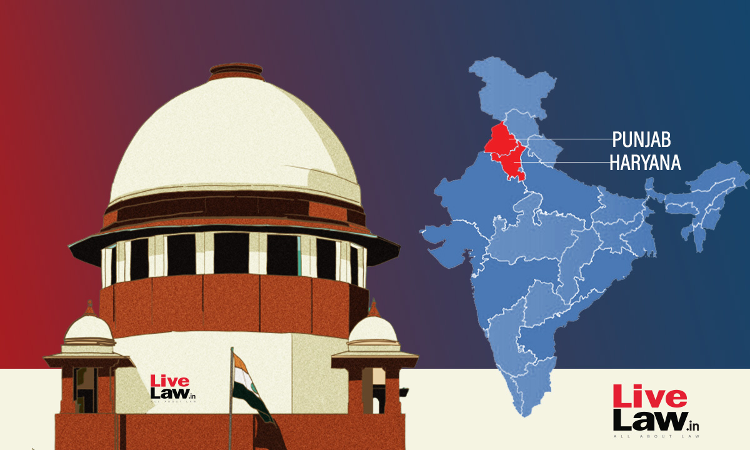The Supreme Court, on Thursday, asked the Union Government to play a proactive role in the endeavour made by the neighbouring States of Punjab and Haryana to find workable solutions in relation to the Sutlej-Yamuna Link (SYL) canal dispute. A three-judge bench comprising Justice Sanjay Kishan Kaul, Justice Ahsanuddin Amanullah, and Justice Aravind Kumar was hearing an original suit filed...

